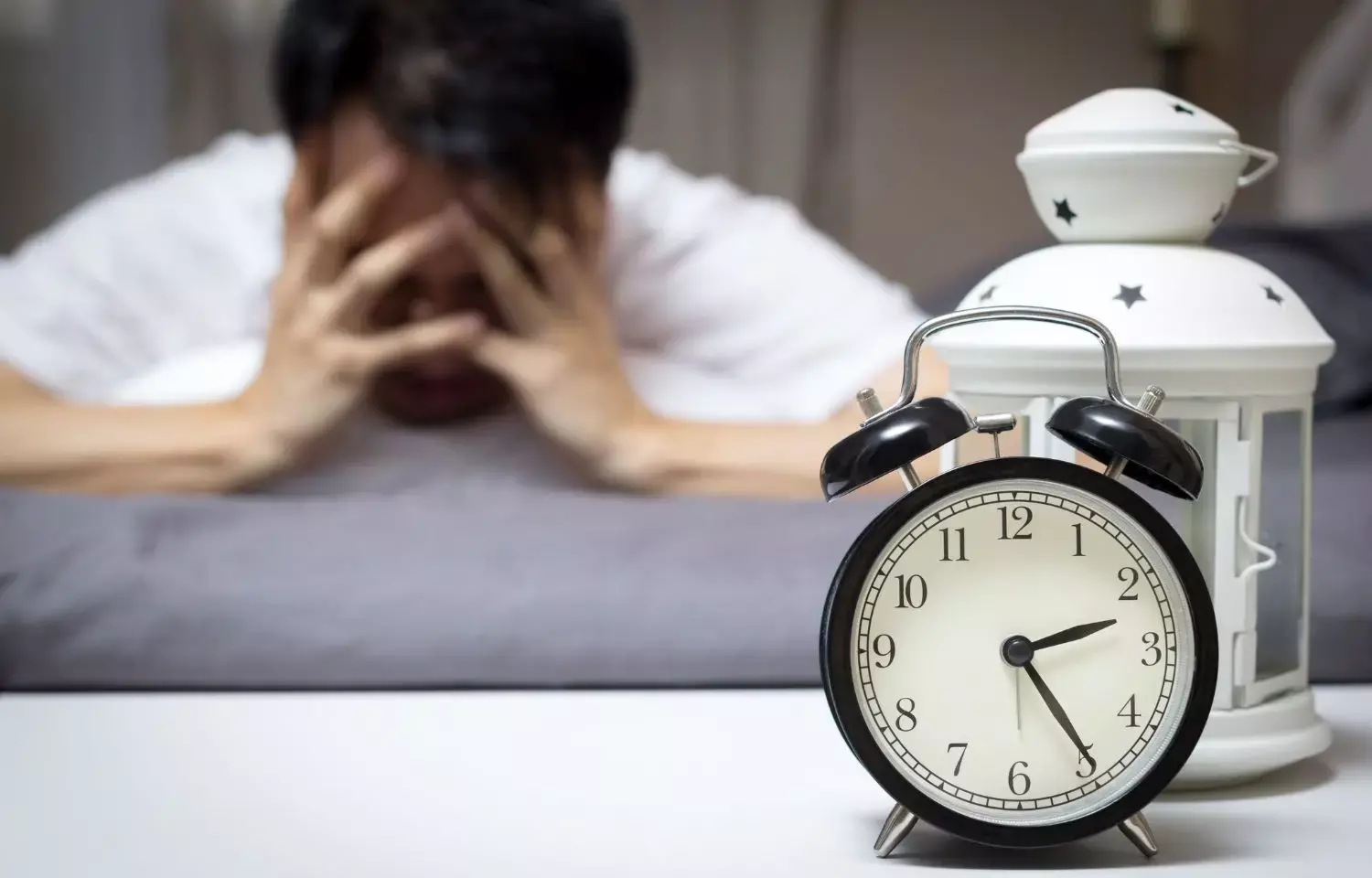- Home
- Medical news & Guidelines
- Anesthesiology
- Cardiology and CTVS
- Critical Care
- Dentistry
- Dermatology
- Diabetes and Endocrinology
- ENT
- Gastroenterology
- Medicine
- Nephrology
- Neurology
- Obstretics-Gynaecology
- Oncology
- Ophthalmology
- Orthopaedics
- Pediatrics-Neonatology
- Psychiatry
- Pulmonology
- Radiology
- Surgery
- Urology
- Laboratory Medicine
- Diet
- Nursing
- Paramedical
- Physiotherapy
- Health news
- Fact Check
- Bone Health Fact Check
- Brain Health Fact Check
- Cancer Related Fact Check
- Child Care Fact Check
- Dental and oral health fact check
- Diabetes and metabolic health fact check
- Diet and Nutrition Fact Check
- Eye and ENT Care Fact Check
- Fitness fact check
- Gut health fact check
- Heart health fact check
- Kidney health fact check
- Medical education fact check
- Men's health fact check
- Respiratory fact check
- Skin and hair care fact check
- Vaccine and Immunization fact check
- Women's health fact check
- AYUSH
- State News
- Andaman and Nicobar Islands
- Andhra Pradesh
- Arunachal Pradesh
- Assam
- Bihar
- Chandigarh
- Chattisgarh
- Dadra and Nagar Haveli
- Daman and Diu
- Delhi
- Goa
- Gujarat
- Haryana
- Himachal Pradesh
- Jammu & Kashmir
- Jharkhand
- Karnataka
- Kerala
- Ladakh
- Lakshadweep
- Madhya Pradesh
- Maharashtra
- Manipur
- Meghalaya
- Mizoram
- Nagaland
- Odisha
- Puducherry
- Punjab
- Rajasthan
- Sikkim
- Tamil Nadu
- Telangana
- Tripura
- Uttar Pradesh
- Uttrakhand
- West Bengal
- Medical Education
- Industry
Insomnia symptoms among drinkers may reduce chances of alcohol induced blackout

Rutgers researchers have found in a new study that heavy drinkers with symptoms of insomnia including difficulty falling or staying asleep are less likely to suffer alcohol-induced blackouts.
Heavy drinkers with symptoms of insomnia, such as difficulty falling or staying asleep, may be less likely to suffer alcohol-induced blackouts, according to a study co-authored by a Rutgers researcher.
It's the opposite of what they expected when they began the study. Historically, research has suggested that insomnia worsens alcohol-related consequences.
"Because insomnia has been shown to impair memory and cognitive functioning, we thought that participants in our study with severe insomnia and high rates of alcohol use would also have the highest rates of blackout frequency," said Angelo M. DiBello, an assistant professor at the Rutgers Center of Alcohol and Substance Use Studies within the Graduate School of Applied and Professional Psychology and a coauthor of the study published in the journal Addictive Behaviors. "What we found was exactly the opposite."
To measure alcohol-induced anterograde amnesia-commonly referred to as a blackout-among young adults, DiBello and colleagues from the University of Missouri (first author Mary Beth Miller) and the University of New Mexico (shared first author Cassandra L. Boness) used data collected from 461 college students from an introductory psychology course at a large Midwestern university.
Eligible participants were at least 18 years old and had reported heavy drinking in the past 30 days-defined as five or more drinks on a single occasion or 14 or more drinks a week for men and more than four and seven drinks, respectively, for women.
Participants were asked about their drinking habits, whether and how often they experienced alcohol-induced blackouts and if they suffered symptoms of insomnia. About a third-146-met the criteria for insomnia.
Researchers, who believed that the opposite would occur, discovered as alcohol use increased among study participants who reported lower severity of insomnia, blackout frequency increased more than those who reported higher severity of insomnia.
DiBello said more work is needed to understand results that "are contrary to much of the established literature."
But the researchers already have a theory that they plan to test.
One potential explanation is that circadian misalignment, which is common among individuals with insomnia, alters the elimination process of alcohol metabolism, the researchers wrote. Many of the enzymes involved in alcohol metabolism demonstrate time-of-day-dependent variations in activity. If circadian misalignment alters the activity of these enzymes, then it may alter the rate at which alcohol is eliminated from the body.
"We're not saying that the consequences of heavy drinking are absent for those with severe insomnia," DiBello said. "This is not a license to drink heavily if you have trouble sleeping."
"What we are saying, however, is the effect is stronger for those who are low in insomnia," he said. "But of course, people who are high in insomnia who drink a lot still experience elevated blackout frequency compared to those who drink less."
Reference:
Mary Beth Miller, Cassandra L. Boness, Angelo M. DiBello, Brett Froeliger, Insomnia as a moderator of alcohol use and blackout: Potential role in acute physiological consequences, Addictive Behaviors, Volume 134, 2022, 107395, ISSN 0306-4603, https://doi.org/10.1016/j.addbeh.2022.107395.
Dr Kamal Kant Kohli-MBBS, DTCD- a chest specialist with more than 30 years of practice and a flair for writing clinical articles, Dr Kamal Kant Kohli joined Medical Dialogues as a Chief Editor of Medical News. Besides writing articles, as an editor, he proofreads and verifies all the medical content published on Medical Dialogues including those coming from journals, studies,medical conferences,guidelines etc. Email: drkohli@medicaldialogues.in. Contact no. 011-43720751


